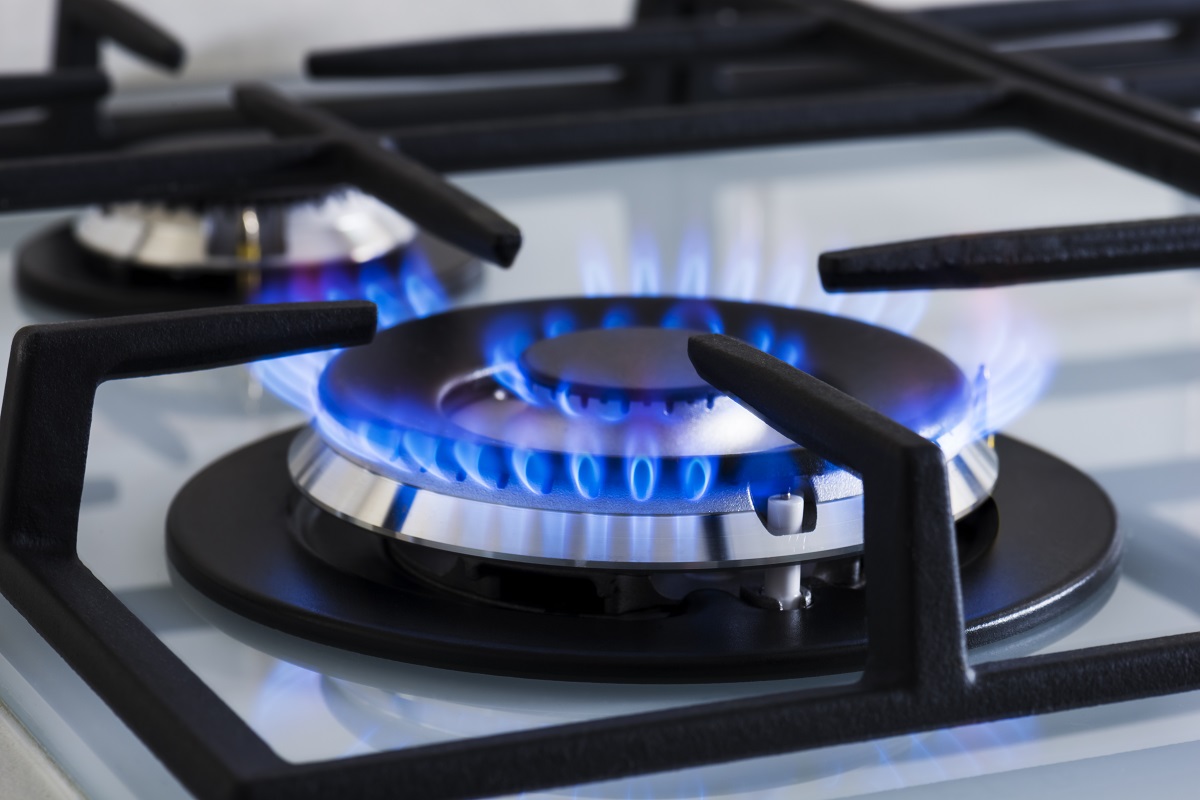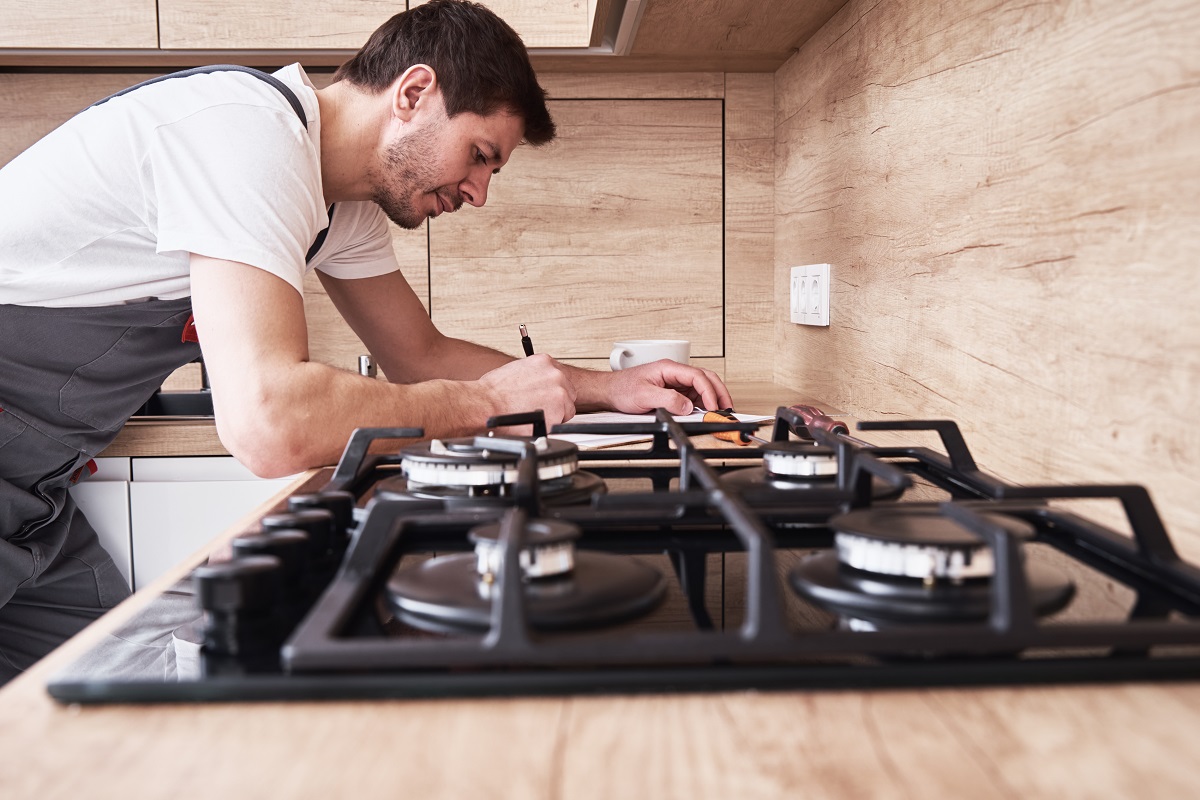
How to Prevent Gas Leaks
How can you prevent gas leaks?
- Regularly inspect appliances
- Make sure you use durable pipes
- Ensure gas safety
- Don’t play with light switches
During a gas leak emergency, there isn’t much you can do but step outside, evacuate all the inhabitants, and contact local emergency services as soon as possible. This is why it’s always important that you make gas leak prevention a part of your home or building’s routine maintenance. When you understand how to prevent gas leaks, you can ensure continuous and safe use of everyday home appliances that are powered by natural gas. More than just that, you can also avoid unnecessary emergencies that can compromise the health and well-being of you and your family.
In any structure, gas leaks are typically caused by natural wear and tear, poor installation of appliances, faulty wiring, or a general lack of maintenance. All of these may cause gas to escape from the hose attached to the appliance or spread out from around the seal. Fortunately, preventing these from happening can be done by conducting regular inspections, using durable materials, having gas lines professionally inspected, ensuring gas safety, and the like. Read on.
Regularly Inspect Appliances

If you’re not sure where to start, it’s safe to say that all appliances used in the home make use of natural gas. After all, this type of gas is considered to be clean, reliable, and cost-effective. Some examples of appliances that are powered by natural gas include the following: grills, ovens, gas ranges, outdoor lighting fixtures, heaters, clothes dryers, fire pits, pool heaters, and many more.
One of the most difficult things about gas leaks is that they’re incredibly difficult to detect. Especially in older homes, natural gas may not have the additive Mercaptan that makes natural gas have a rotten egg-like smell, making it easier to identify. This is why you have to take preventative measures, starting from your appliances. Conduct visual inspections on every appliance component and lookout for signs of worn seals, disconnected hoses, unsecured valves, and the like.
For example, in a gas range, inspections can be done by checking the flex pipe, cut-off valve, and other internal pipe connections. When not in use, make sure that all the individual control valves are set off. Keep this in mind after every time the gas range is used.
Make Sure You Use Durable Pipes
Another preventative measure you can take to avoid dangerous gas leaks is to ensure that your home is built with only durable construction materials, including the gas lines. Black iron pipes, for example, are the most common types of pipes used for natural gas supply. They are specifically designed to safely carry out fluid transmission, thanks to their seamless and weldless design.
Have your gas lines assessed by a professional and determine if it’s making use of this type of pipe. Also ensure that the pipe is free from any damages or defects that may lead to a gas leak — some signs include rusted areas, loose connections, and other physical deformities.
The next time you’ll be working with your home or building’s gas supply pipelines, on the other hand, see to it that you use only durable and high-grade black iron pipes that last for many decades. You may check out Supreme Pipe’s selection of products here for safer and sturdier pipe materials.
Ensure Gas Safety

As mentioned before, poorly installed appliances are one of the leading causes of gas emergencies at home. Whenever you’re installing new appliances, it’s always your best bet to practice gas safety, wherein all appliances have been managed and installed by licensed experts that understand the basics of working with natural gas.
For example, if you have HVAC systems, have them examined semi-annually, or whenever necessary. Hire professionals that can test your systems and appliances for potential carbon monoxide leaks and detect obvious issues from the get-go.
Depending on the kind of appliance, the inspector may tighten any loose connections, test gas pressure, provide tight seals, and ensure adequate fuel levels. All of these are essential in ensuring safe use of your appliances moving forward and maintaining their functionality at the same time.
Don’t Play with Light Switches
If you suspect that there is already a gas leak somewhere in your home, don’t make any changes to electrical devices and other gas-powered systems in the vicinity. Switching light switches on and off, for example, may cause sparks to ignite and lead to an explosion. If there are any children in your home, let them know not to touch these devices and immediately take them to safety outdoors.
When outside, steer clear of other potential sources of ignition or gas leak explosion. Aside from any electrical switches, another source includes any type of vehicle, electrical or not. Don’t switch on the engine, contact your local emergency services, and warn your neighbors about the leak so they can also take safety precautions.
Key Takeaway
As discussed in this short guide, understanding the basics of how to prevent gas leaks is the key for you to continually use different gas-powered appliances in your building, much more safely. More than just that, however, knowing these prevention tips will also make your home a much safer environment for you and its other inhabitants. Keep all of these in mind the next time you encounter any issues with your gas supply.


